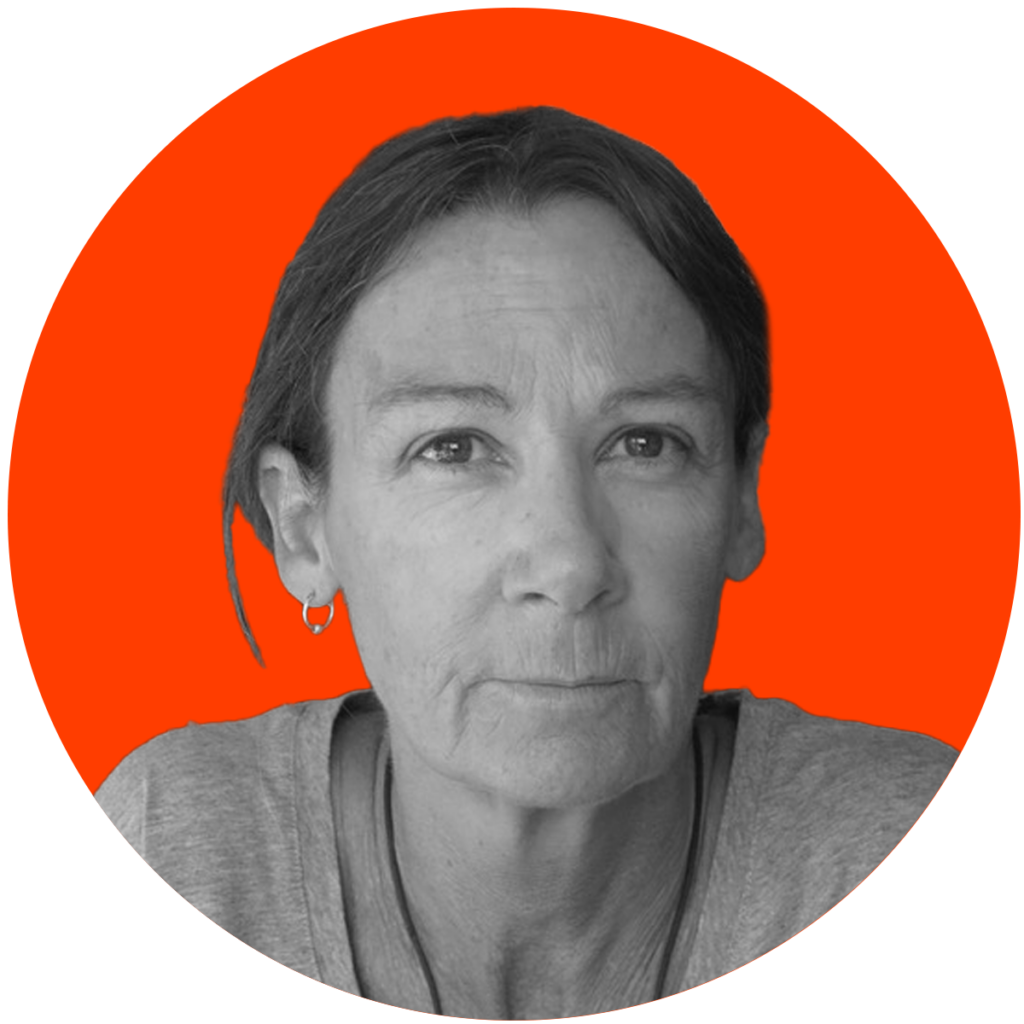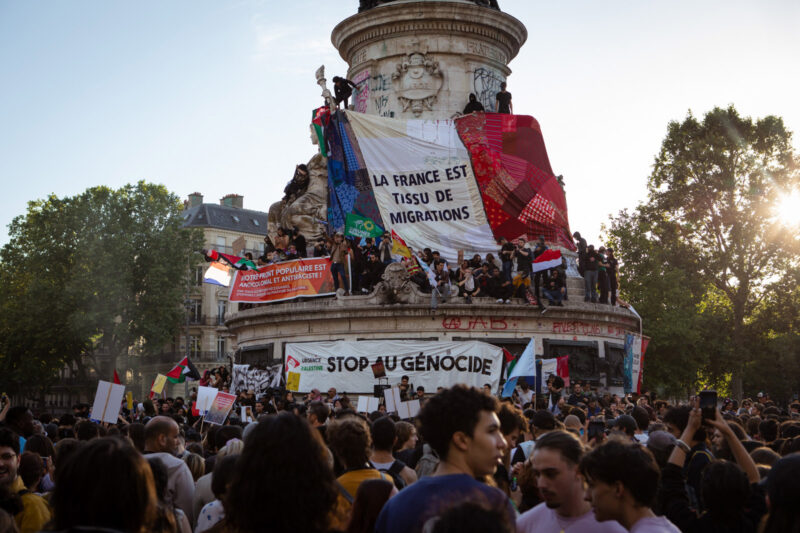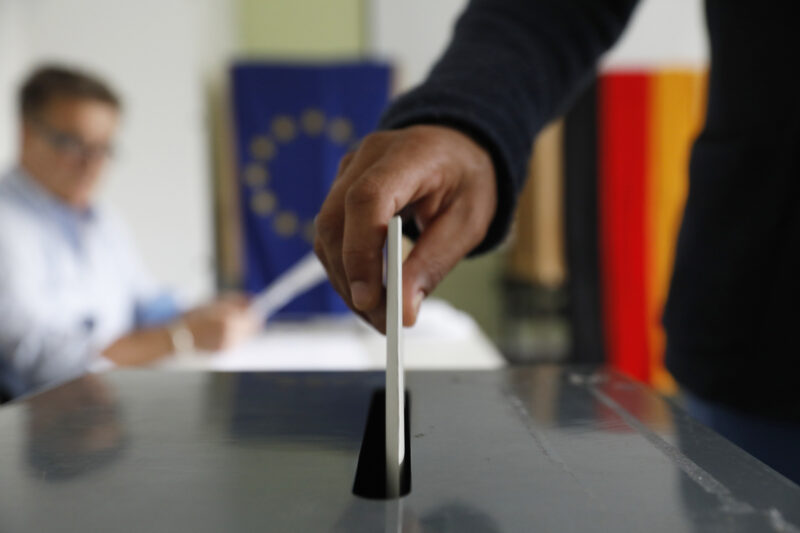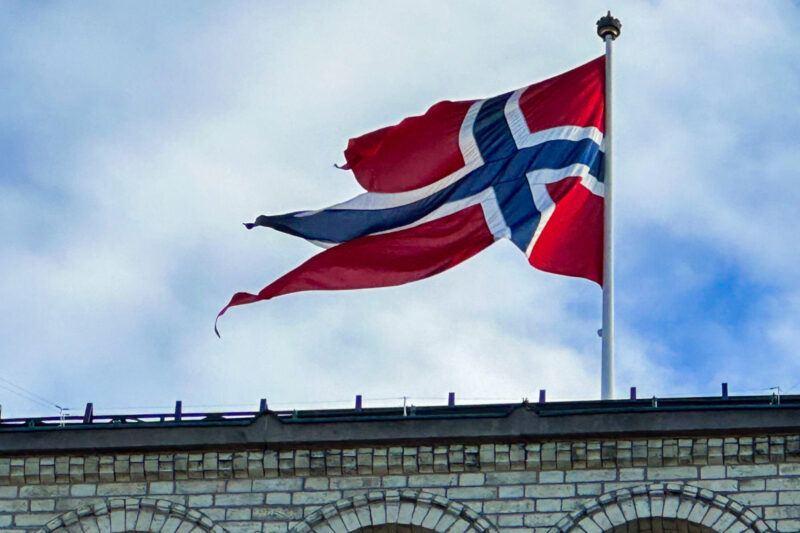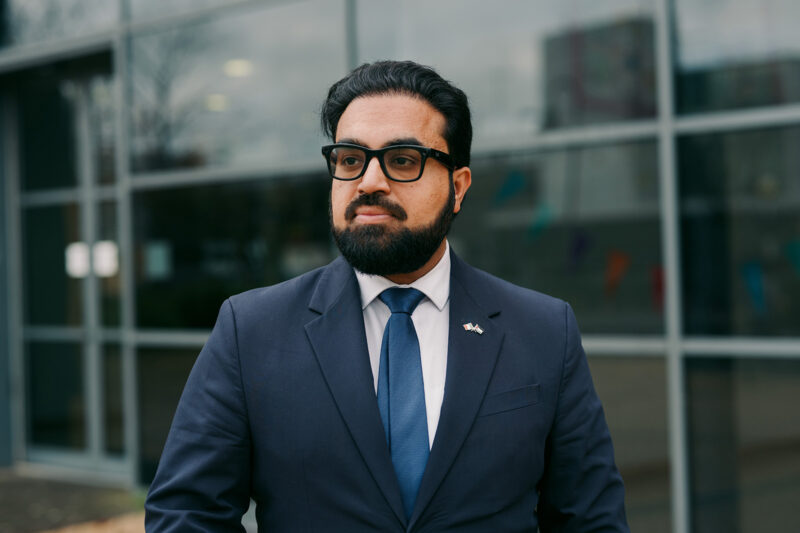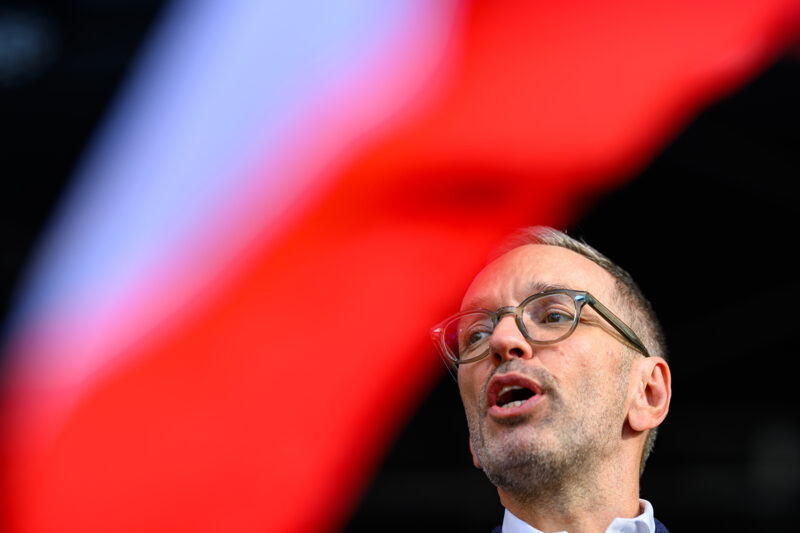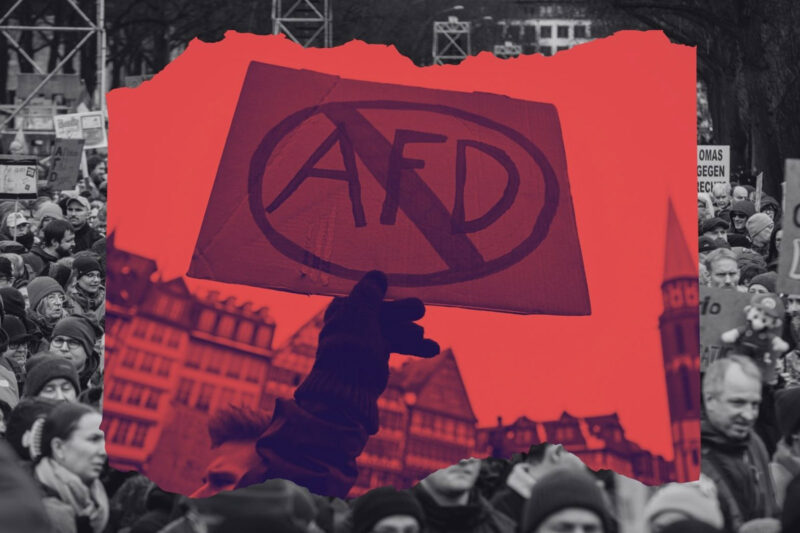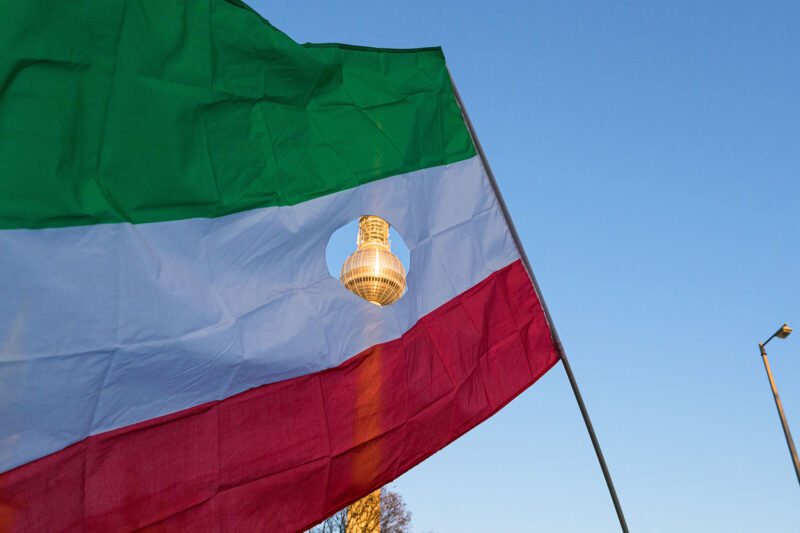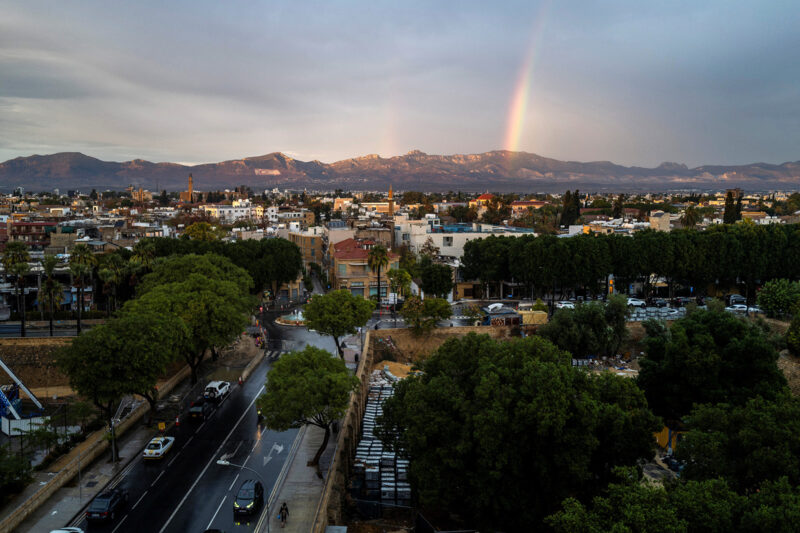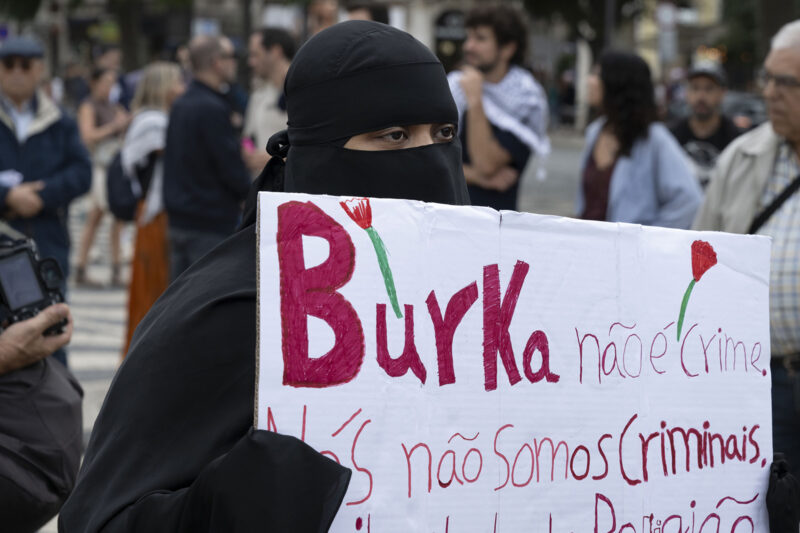Portugal’s new anti-Islam Chega party is soaring in the polls, so why aren’t Muslim leaders worried?
The well-integrated Muslim community is confident that racist policies thriving elsewhere in Europe will not appeal to Portuguese voters
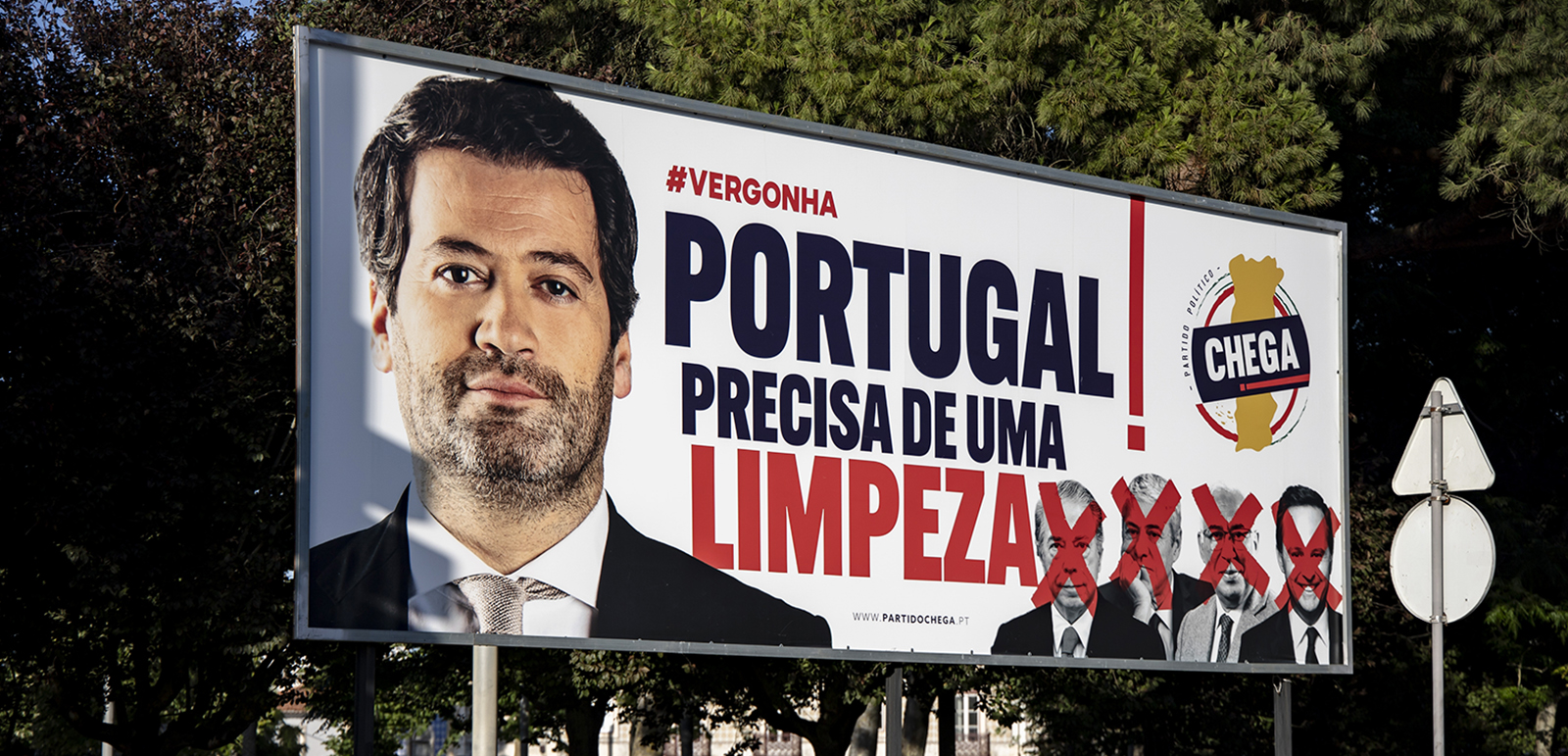
As Europe reels from the shock of anti-Islam populist Geert Wilders’ dramatic win in the Dutch general election- on 22 November recent polling in Portugal has put their anti-immigrant, anti-Muslim Chega party on course to win 17% of the vote in the country’s upcoming parliamentary elections in March.
Figures released by Portuguese pollsters Aximage on 13 November place the Chega party within striking distance of the Socialist Party and conservative Social Democrats, at 26% and 25% share of the vote respectively. As a result some analysts predict that Chega will enter government as a junior coalition partner in March, adding to the growing power of anti-immigrant politicians across Europe. But leading voices in the country’s 65,000-strong Muslim community insist that they consider neither the Chega party nor its Islamophobic messaging a serious threat.
“Chega might talk about the immigration issue, but we don’t feel any Islamophobia among the Portuguese population,” Sheikh David Munir, imam at Lisbon’s Central Mosque, told Hyphen. “Portugal has been different in that respect from other European countries. And though we are now seeing the rise of the extreme right, there are many other reasons for that.”
Portugal was among the last European countries to resist right-wing nationalism, until 2019 when Chega – which means Enough – was launched by 40 year-old former football pundit and university lecturer André Ventura. Having studied for the priesthood as a young man, he declared “God gave me this mission to transform Portugal”. That year, Chega won 1.4% of the vote in the parliamentary elections with Ventura becoming the first extreme right MP since the fascist dictatorship of Antonio Salazar ended in 1974. In 2022, a surge of support won the party 7.15% of the vote and 12 MPs in a general election that delivered an overall majority to the Socialist Party.
Ventura has used his political platform to voice a string of anti-immigrant and anti-Muslim views, at one point claiming that “Islamic immigration is a danger to our women and our cities” and “the uncontrolled increase in Islamic immigration could put at risk the very matrix of values of European civilization”. Following the terrorist attack in Nice in July 2016 when a truck drove into Bastille Day crowds killing 86 and injuring 450, Ventura called for “the drastic reduction of the Islamic presence in the European Union”.
The Muslim community accounts for just 0.63% of Portugal’s population of over 10 million and yet Ventura has warned Portuguese voters that if immigration is not curbed, they could experience the same “Muslim invasion” he claims is happening elsewhere in Europe. In recent speeches he has flagged the danger of “demographic substitution”, suggesting that Muslim immigrants will soon outnumber native Europeans.
But according to Sheikh Munir, the extreme right struggles to gain traction with Islamophobic fearmongering in Portugal. “Many Muslims in Portugal have come from the former Portuguese colonies of Guinea-Bissau and Mozambique so are Portuguese nationals, familiar with the language and culture and have been here for 55 years. But there are Muslims from everywhere, from North Africa to Afghanistan and Pakistan, and we are all well integrated.
“At the mosque we tell Muslims to try to learn the language and value the freedom we have in Portugal. So we don’t live in a ghetto and there are few instances of members of the community involved in crime.”
Miguel Carvalho, a political commentator for the liberal news magazine Visão, makes a similar point. “In Portugal there is no reason to stir up anti-Muslim sentiment. There are no problems with the Muslim community,” he told Hyphen. “Only the furthest right factions within Chega are pushing this.”
Analysts attribute Chega’s recent rise to its shift towards anti-corruption messaging. Its projected share of the vote leapt almost three percentage points in opinion polls in the wake of a corruption probe into alleged illegalities in the socialist government’s handling of lithium, hydrogen and data projects. These allegations forced Socialist Party prime minister Antonio Costa to resign in early November, prompting president Marcelo Rebelo de Sousa to dissolve parliament and call the snap general election for March.
If voted into power, Chega has promised to penalise corruption. The party has also vowed to crack down on crime – even though Portugal ranks 27th on Europe’s crime index compared to the UK’s position of seventh – targeting the Roma community in particular. Ventura has described Roma as “criminals”, “above the law,” and “a serious public safety problem”. During the Covid pandemic, he suggested the community be herded into camps – his “confinement plan specifically for the gypsy community” – to prevent infection among the general population.
Carvalho argues that the party’s aggressive position on minorities is a deterrent to the Portuguese electorate. “Even members of Ventura’s own party objected to the idea of these camps,” he said. Nor does Carvalho believe Chega’s anti-Islam messaging signals the rise of a truly racist ideology in Portugal. “It is a protest group, against everyone and everything. Ventura likes making noise. He wants to be in the spotlight and his ideas tend to shift accordingly.”
Dr Mahomed Iqbal, president of the Islamic Community of Lisbon (CIL), agrees that anti-immigrant sentiment is not a vote-winning issue in Portugal. “Even with the wave of new Muslim immigrants who may not speak Portuguese, the Portuguese people are as nice as they’ve always been, taking time to explain things to them and being generally helpful. We only feel racism once in a blue moon because our contribution to Portuguese society is recognised by the population as a whole.”
Iqbal described a visit to the Central Mosque by five members of the Chega party last year, saying they left “surprised and happy” with what they learned of the Islamic community’s participation in Portuguese society. He noticed that Chega’s anti-Muslim rhetoric has fallen away since and believes the visit may be why. “We hope it will carry on in the same vein,” he said.
 Newsletter
Newsletter

